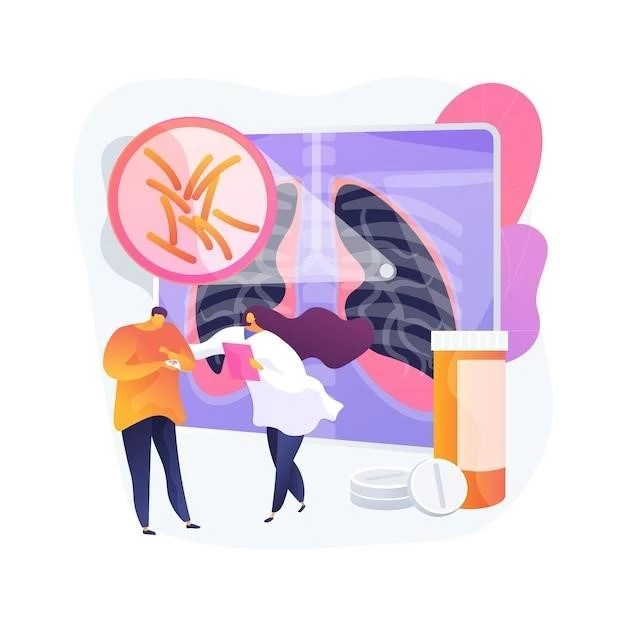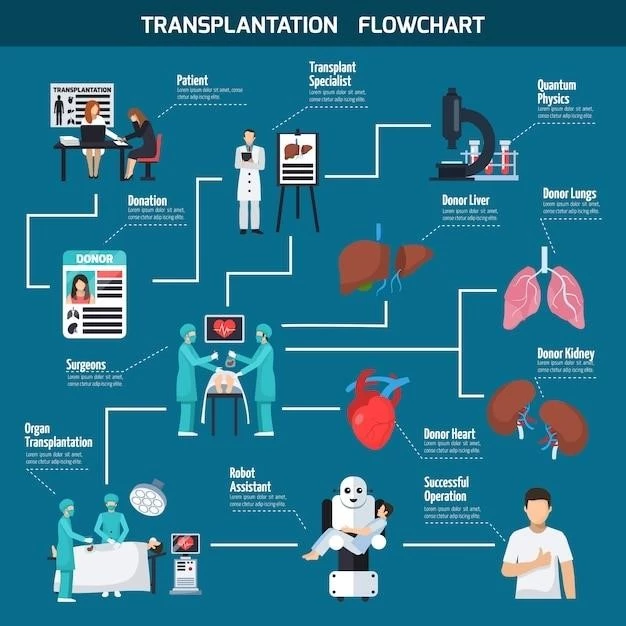Understanding Cystic Fibrosis involves knowing the causes and symptoms, crucial for diagnosis.
Causes of Cystic Fibrosis
Cystic Fibrosis is caused by mutations in the CFTR gene affecting salt and water movement in cells.
Symptoms and Diagnosis of Cystic Fibrosis
Symptoms include persistent cough, wheezing, salty skin, poor growth, and frequent lung infections. Diagnosis involves sweat tests, genetic testing, and monitoring symptoms.
Managing Cystic Fibrosis involves a comprehensive approach that includes treatment, care, and lifestyle adjustments.
Treatment Options for Cystic Fibrosis
Treatment includes airway clearance techniques, medication, pulmonary rehabilitation, and sometimes surgery or lung transplant to improve breathing and quality of life.
Genetic Testing for Cystic Fibrosis
Genetic testing helps identify mutations in the CFTR gene, aiding in diagnosis, family planning decisions, and personalized treatment strategies for individuals with Cystic Fibrosis.
Complications of Cystic Fibrosis
Cystic Fibrosis can lead to complications such as malnutrition, diabetes, osteoporosis, and increased risk of respiratory infections, which require specialized management and treatment.
Lifestyle Management for Cystic Fibrosis Patients
Lifestyle management involves maintaining a balanced diet, staying active, adhering to treatment plans, avoiding smoke exposure, practicing good hygiene, and seeking emotional support to enhance quality of life for individuals with Cystic Fibrosis.

Advancements in Cystic Fibrosis Research
Ongoing research is focused on developing innovative therapies, precision medicine approaches, and improving overall quality of care for Cystic Fibrosis patients.
Research Advances in Cystic Fibrosis
Recent research advancements in Cystic Fibrosis include gene-editing techniques, novel drug therapies, and personalized treatment approaches, offering hope for improved outcomes and better quality of life for individuals with this condition.
Supportive Care for Individuals with Cystic Fibrosis
Supportive care for individuals with Cystic Fibrosis involves a multidisciplinary approach including nutritional support, mental health services, physiotherapy, and access to community resources to enhance overall well-being and quality of life.
